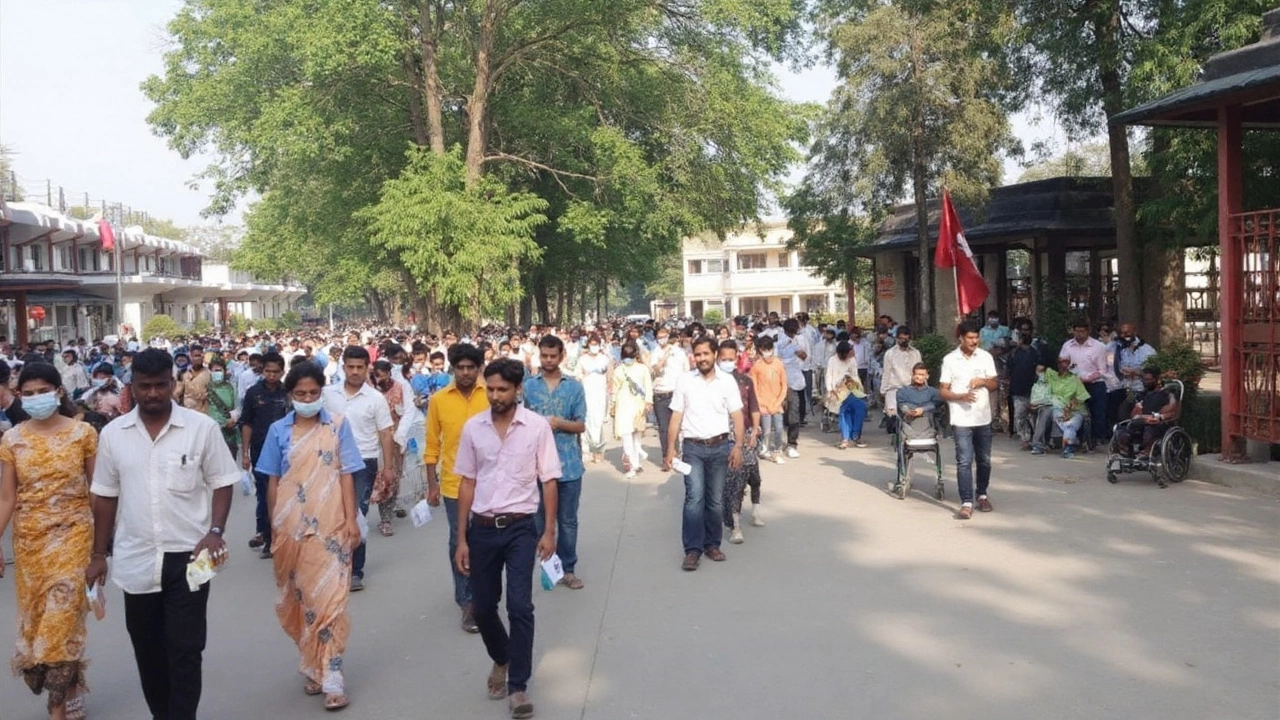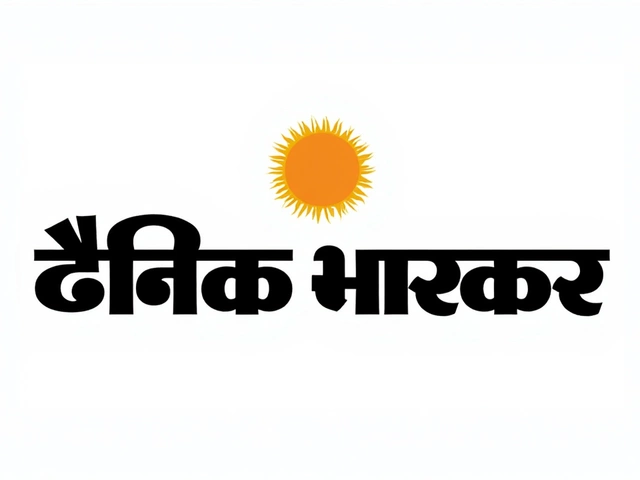Counselling Made Simple: Real Tips You Can Use Today
Ever felt stuck or overwhelmed and wondered if talking to someone could help? You’re not alone. Counselling isn’t just for crises; it’s a everyday tool to understand yourself better, handle stress, and improve relationships. Below you’ll find straight‑forward advice that works whether you’re meeting a professional or just starting to explore self‑help methods.
What Counselling Actually Is
At its core, counselling is a conversation focused on your thoughts, feelings, and actions. A trained counsellor asks questions, listens without judgment, and helps you spot patterns you might miss on your own. Think of it as a mirror that shows you what’s happening inside, so you can decide what to change. It can be short‑term (a few sessions) or longer, depending on what you need.
Quick Techniques to Try Right Now
1. The 5‑Minute Check‑In: Set a timer for five minutes. Write down what you’re feeling, what triggered it, and one small step you could take. This simple habit stops emotions from building up unnoticed.
2. Reframe Negative Thoughts: When you catch yourself thinking “I always mess up,” replace it with “I made a mistake this time, but I can learn from it.” Shifting language changes the brain’s response.
3. Grounding with the 5‑4‑3‑2‑1 Method: Look around and name five things you see, four you can touch, three you hear, two you smell, and one you taste. It pulls you out of anxiety and back to the present.
4. Journaling Prompts: Try prompts like “What am I grateful for today?” or “What’s one thing I can improve tomorrow?” Writing clears mental clutter and gives you a record of progress.
5. Set a ‘Talk Time’ with a Friend: You don’t need a professional for every issue. Choose a trusted friend, set a 20‑minute slot, and share what’s on your mind. The act of vocalizing concerns often lessens their weight.
These tricks are easy to slot into a busy day and don’t require special tools. Consistency is key—pick one or two that resonate and practice them regularly.
When to Seek Professional Help
If you notice any of these signs, consider reaching out to a counsellor:
- Persistent sadness or irritability lasting weeks.
- Thoughts of self‑harm or hopelessness.
- Relationship patterns that repeat and cause distress.
- Substance use that feels out of control.
- Major life changes (loss, divorce, career shift) that feel overwhelming.
Professional counsellors bring expertise in evidence‑based methods like Cognitive Behavioral Therapy (CBT), Dialectical Behavior Therapy (DBT), and mindfulness techniques. Many offer virtual sessions, making it easier to fit into a schedule.
Finding the Right Counselling Resource
Start with these reliable options:
- Online directories such as Psychology Today or TherapyRoute list licensed professionals with filters for specialty, location, and price.
- Employee Assistance Programs (EAPs) often provide free short‑term counselling for work‑related stress.
- Community mental‑health centers run low‑cost or sliding‑scale services.
- Self‑help apps like BetterHelp, Talkspace, or free mood‑tracking apps can supplement face‑to‑face sessions.
Read reviews, check credentials, and maybe schedule a brief intro call to see if the counsellor’s style fits you. It’s okay to “shop around” until you feel comfortable.
Keeping the Momentum
After you start a counselling routine, track your progress. Use a simple spreadsheet or a notes app to log session dates, key insights, and any homework you completed. Celebrate small wins—whether it’s sleeping better, handling a conflict calmly, or simply feeling less anxious before a meeting.
Remember, counselling is a skill you can develop, not a one‑off fix. By applying the techniques above and staying open to professional guidance when needed, you’ll build a stronger, more resilient mindset. Ready to give it a try?
NEET UG Counselling 2025: New Deadline Announced for Registration and Choice Filling
The NEET UG 2025 Round 1 counselling registration and choice-filling deadline has been pushed to August 3, 2025, giving students more time to apply for AIQ medical seats. Adjustments come as the Medical Counselling Committee coordinates with state admissions, with the academic session starting September 1.





